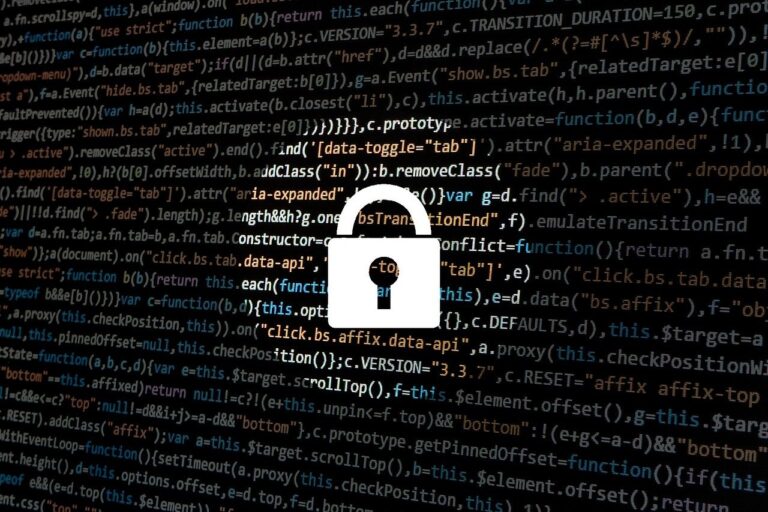
As we move into holiday shopping season, the scammers and hackers are hard at work trying to steal your information. We at Voipcom have come up with this list of 5 Security Tips to help you stay secure this holiday shopping season
1. Do not click suspicious links
2. Do not fall for Voice Phishing – Always be on Guard
Hackers know a friendly sounding voice on a phone call is an easy way to scam people out of their bank information. Do fall for Voice Phishing.
3. Do not fall for Text Message Phishing
A newer scam, is sending a text message to you acting as if you have a fed ex delivery, or a bank request.
The hacker sends you a text message to your cell phone with a message that looks legitimate and will contain a link to the hackers website, that will look just like the company they are impersonating.
If you get a text message with a link DO NOT CLICK the link.
Instead delete and block that sender from your cell phone
4. Billing Scams – Do not pay unfamiliar invoices
A frequent scam targeting shoppers and businesses this time of year are billing scams. This scam works by the hacker sending you an email as a vendor such as “amazon” or “quickbooks” with an invoice and a link to pay.
Once you click the link to pay you are directed to the hackers website where they trick you into entering your data. They will also often even charge you for the fake invoice you are paying.
To avoid falling for this scam, verify any invoice you get via email. If you receive an invoice via email. Check the vendors online portal to see if you actually have an open invoice, or call the vendor to confirm.
Take a close look at the link in the email as well. Is it fake? Do you recognize the website?
5. Keep your web browser up to date
Hackers will exploit your outdated web browser to steal data, or install plugins.
Whether you use Chrome, Firefox, or any other browser, Don’t ignore the little update button in the upper right corner. When the button shows up, go ahead and update your browser. Often times these are critical security updates that need to applied.
Voipcom offers comprehensive cyber security services
If you have any questions or concerns about your business system security, call Voipcom today. 480-571-4454.
Network Compliance Scanning (PCI, etc)
Endpoint Managed Security (desktop, laptop, mobile)
Managed Next Generation Router Security (layer 7 inspection)
Physical Port Managed Security
Wireless Security (Guest policies)
Email Security
Voice – Phone system security
Security Policy Development
Security Policy Documentation
Phishing Security
Penetration Testing

